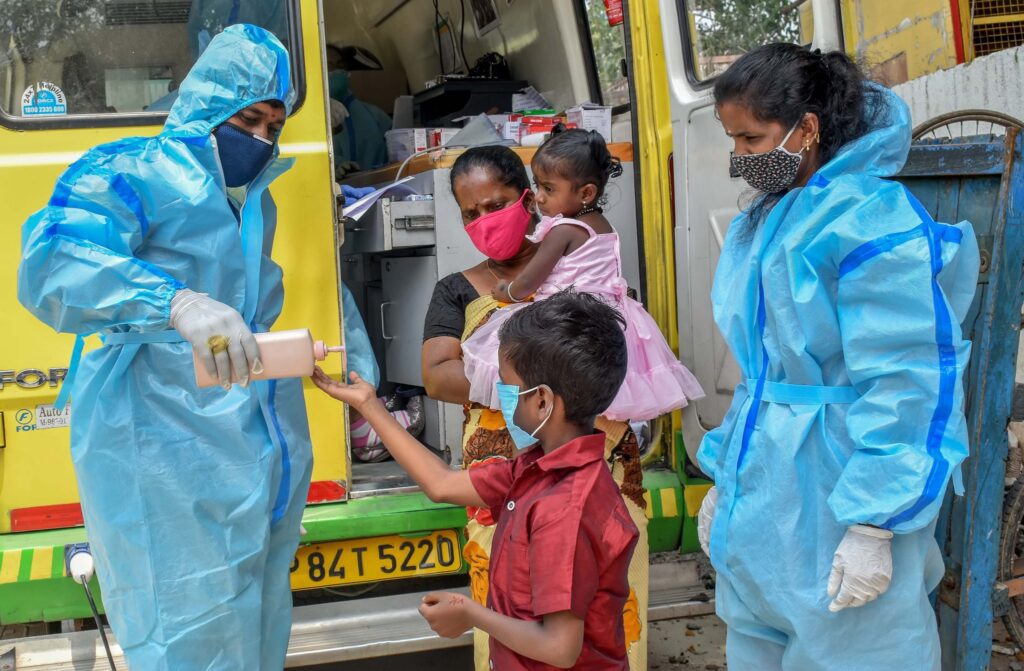The global celebration of health as a human right is known as World Health Day. We all have a responsibility towards our personal health and the well-being of those around us, from medical practitioners, policymakers and communities, to families with small children or the elderly.
Every year on April 7, the World Health Organization (WHO) chooses a contemporary wellness and medical issue to promote. This day sets the context for what’s to come on the global stage, with topics ranging from mental health to health care coverage and everything in between.
In 2022, WHO is drawing worldwide attention to critical efforts essential to maintaining a healthy humankind and planet. It further seeks to build consensus to establish societies centered on well-being. In the face of the pandemic, a polluted planet and rising diseases including cancer, asthma, and heart disease are major causes of concern.
According to the World Health Organization, more than 13 million people die each year due to preventable environmental causes around the world. This includes the climate problem, which is the world’s single greatest health concern. The climatic emergency is also a health emergency.
Why World Health Day?
Political, social, and industrial decisions fuel climate and health difficulties. Over 90% of people inhale polluted air caused by the burning of fossil fuels. Mosquitoes are spreading diseases much further and rapidly than ever before as the world warms. People are being displaced and their health is being harmed as a result of extreme weather occurrences, land degradation, and water shortage.
Pollution and plastics have pushed their way into our food chain. They are now present at the bottom of our innermost oceans and majestic mountains. Systems that create heavily processed harmful foods and beverages are fueling an obesity epidemic. This also causes cancer and heart disease. These systems also account for a third of global greenhouse gas emissions.
Long-term planning, well-being budgets, social protection, and legal and budgetary methods are all used to achieve these objectives. Breaking these destructive cycles for the earth and human health requires legislative action, business reformation, and support and incentives for individuals to make healthy choices.
Efforts by Government of India
The Government of India has launched the “Ayushman Bharat Programme” to promote universal health coverage, particularly among rural and vulnerable populations. The key goal of this programme is to provide vital health services across the country.
The first project entails the creation of 150,000 ‘Health and Wellness Centers,’ which will bring primary health care closer to consumers.
The second project is the ‘National Health Protection Mission,’ which will encompass over 10 crore poor and vulnerable families (about 50 crore beneficiaries). It will provide coverage for secondary and tertiary care hospitalization up to 5 lakh rupees per family per year.
Smile Foundation’s Health Cannot Wait Campaign
Smile Foundation is actively involved in spreading awareness about the importance of health in vulnerable communities. The Health Cannot Wait initiative has been vital to this.
Through mobile hospital and telemedicine projects, over 1 million people from 2200 vulnerable areas are receiving healthcare at their doorstep.
These interventions aim to safeguard vulnerable populations in the project regions from the pandemic.
Smile Fuundation has distributed more than 2,00,000 hygiene kits.
10,000+ young people have been trained to work as general duty support staff in hospitals, healthcare facilities, and home care.









